Dudley, Massachusetts, nestled in the heart of Worcester County, holds a rich tapestry of history that spans centuries.
From its colonial beginnings to its present-day identity as a vibrant community, Dudley’s history is a testament to resilience, innovation, and cultural heritage.
Founded in the early 18th century, Dudley’s roots run deep, with its historical landmarks, architectural treasures, and storied past reflecting the town’s evolution over time.
As one delves into Dudley’s history, they embark on a journey through colonial settlements, Revolutionary War heroics, industrialization, and cultural diversity, uncovering the threads that weave together the fabric of this quintessential New England town.
Dudley Massachusetts History
Nestled in the heart of Worcester County, Dudley, Massachusetts, has a rich and storied history that spans centuries.
Let’s explore seven historical evidences that shed light on Dudley’s fascinating past.
Background and History
Dudley, located in Worcester County, Massachusetts, has a rich historical past. Here are some key points:
Settlement and Incorporation
Dudley was first settled in 1714 and officially incorporated in 1732.
Name Origin
The town was named after landholders Paul and William Dudley.
Revolutionary War Connection
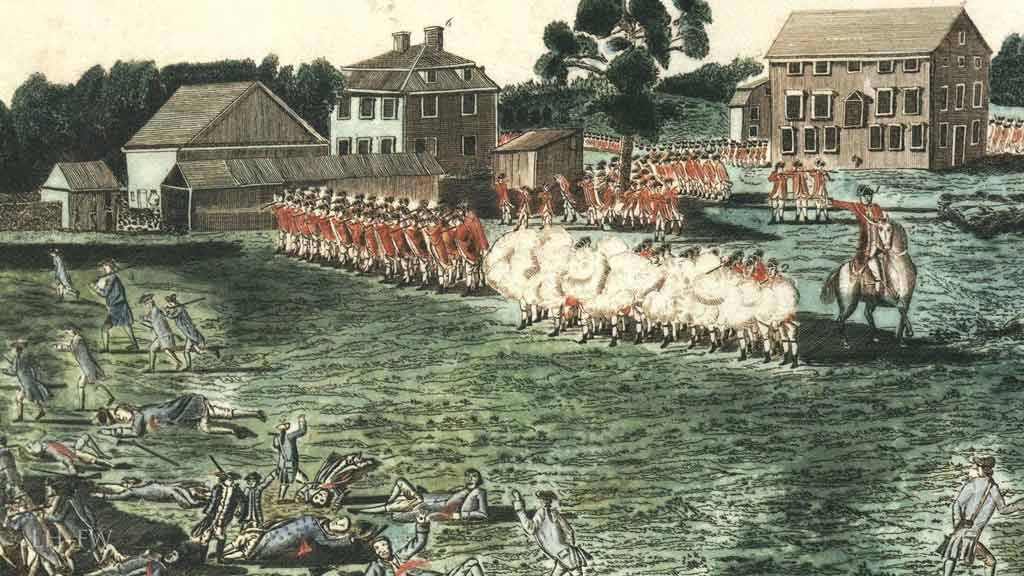
In April 1776, General George Washington camped in Dudley with the Continental Army on his way from Boston to New York City after the victory in the Siege of Boston.
During this time, there were rumors of a “large cache” of captured and recovered British weaponry and supplies hidden in the rural area along the route. However, this cache was never used or recorded as recovered.
Civil War Contribution
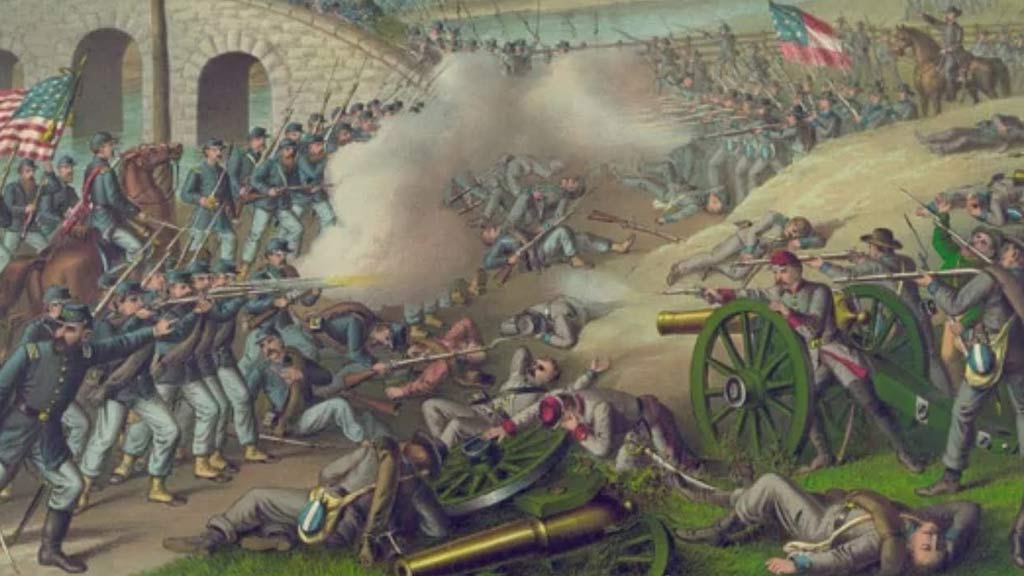
Dudley played a significant role during the Civil War. It was the primary manufacturer of “Brogan boots” worn by the Union Army and produced most of the standard-issue Union uniforms.
Geography
Dudley is bounded by:
Northeast: Oxford
North: Charlton
West: Southbridge
South: Woodstock and Thompson, Connecticut
East: Webster (with which it traditionally had close cultural and political relations)
The town covers a total area of 22.1 square miles, including 21.0 square miles of land and 1.0 square miles of water.
Historic Places and Notable People
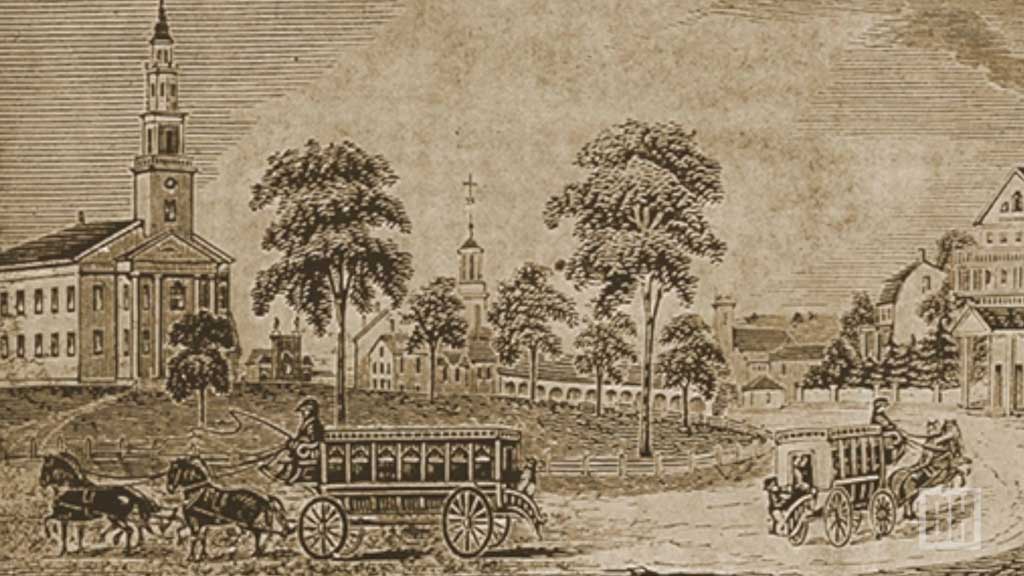
Dudley Center: A focal point in the town.
Joseph Dudley: A colonial administrator and native of Roxbury, Massachusetts, who played a role in the administration of the Dominion of New England.
Thomas Dudley: A British colonial governor of Massachusetts and an influential figure in the Massachusetts Bay Colony.
Colonial Settlement
Dudley traces its origins back to the colonial era, with its settlement dating back to the early 18th century.
The town’s fertile lands attracted settlers who established farms and homesteads, laying the foundation for Dudley’s agricultural heritage and rural character.
Industrial Revolution Impact
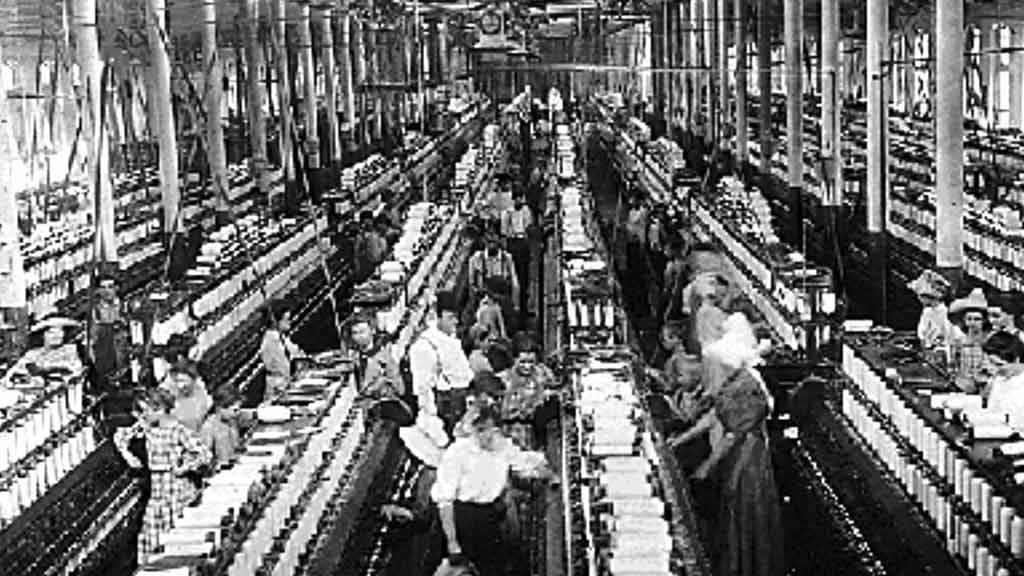
The advent of the Industrial Revolution brought significant changes to Dudley, as mills and factories sprung up along its waterways, harnessing the power of rivers for manufacturing.
This era of industrialization transformed Dudley into a thriving hub of commerce and innovation.
Revolutionary War Participation
Dudley played a role in the American Revolutionary War, with local militias joining the fight for independence.
The town’s residents contributed troops, supplies, and support to the patriot cause, leaving behind a legacy of patriotism and sacrifice.
Historic Landmarks
Dudley is home to several historic landmarks that reflect its rich heritage. From the Dudley Town Hall, a fine example of Greek Revival architecture, to the Nichols College campus, which occupies the former estate of textile magnate Dudley Nichols, these landmarks offer glimpses into Dudley’s past.
Cultural Institutions
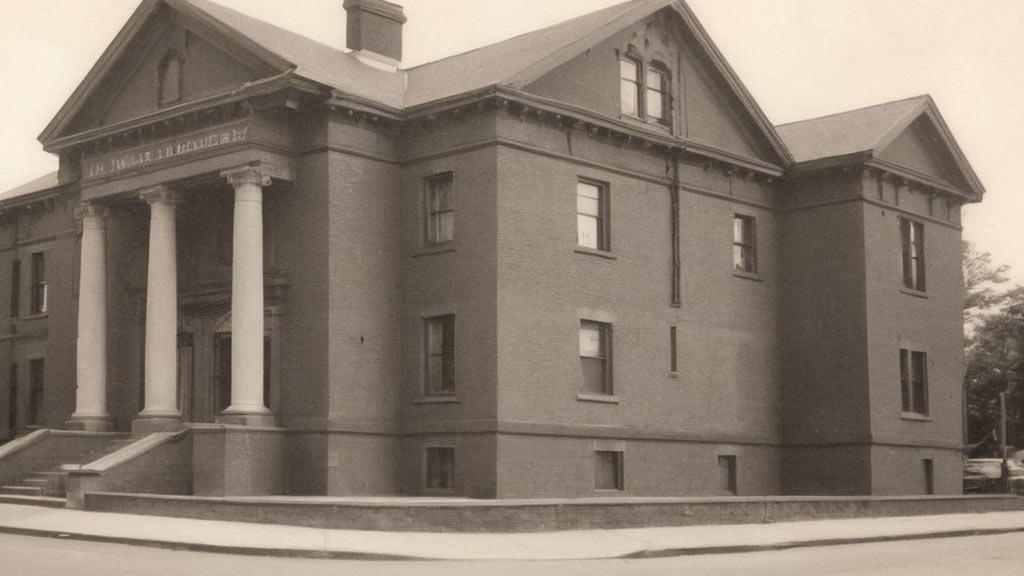
Cultural institutions like the Pearle L. Crawford Memorial Library and the Dudley Grange Hall play a vital role in preserving Dudley’s history and fostering community engagement.
Through exhibits, events, and educational programs, these institutions celebrate Dudley’s cultural heritage and identity.
Agricultural Tradition
Despite industrialization, agriculture remains an integral part of Dudley’s identity. Farms like Lajoie Brothers Dairy Farm and Hebert Honey maintain the town’s agricultural tradition, producing fresh dairy products, honey, and other agricultural goods.
Modern Development
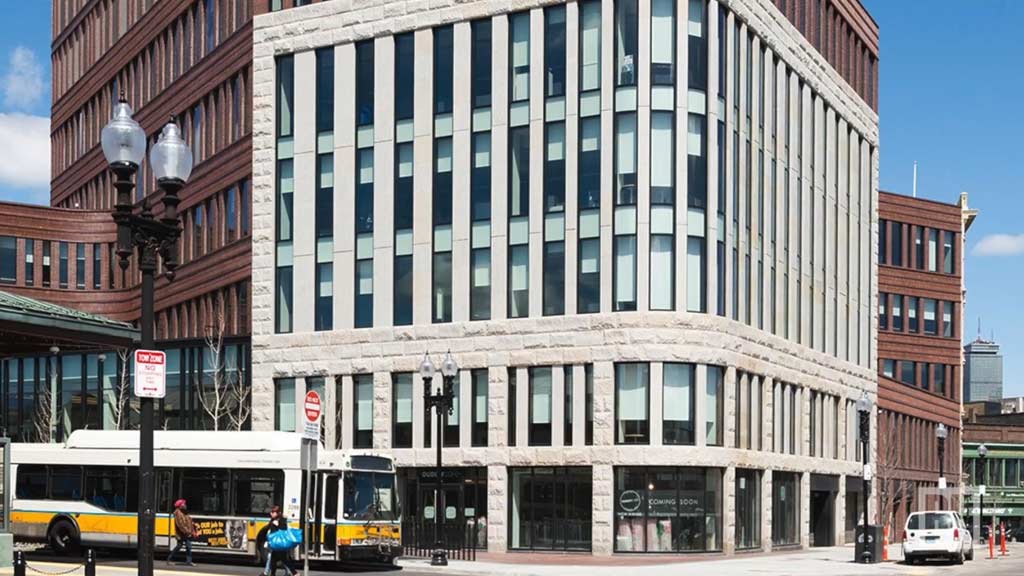
In recent years, Dudley has experienced modern development while still preserving its historical charm.
New businesses, residential developments, and community initiatives continue to shape Dudley’s identity, ensuring that its rich history remains intertwined with its future.
Religious Heritage
Dudley’s religious heritage is evident in its historic churches and congregations, such as the First Congregational Church of Dudley, which dates back to the 18th century.
These religious institutions have played a central role in the spiritual and social life of the community, reflecting Dudley’s deep-rooted faith traditions.
Transportation Networks
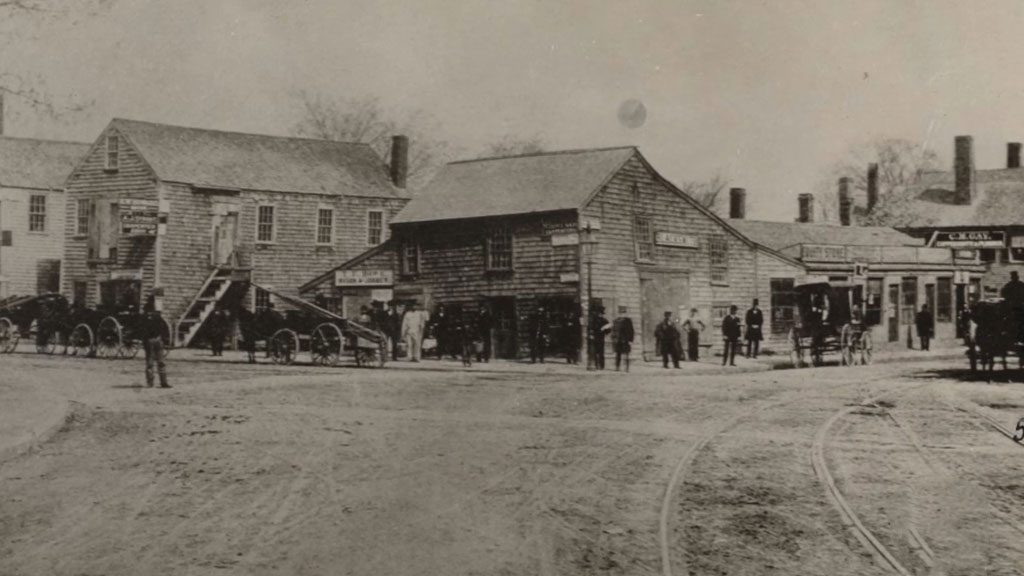
Dudley’s transportation networks have evolved over time, from early stagecoach routes to the construction of modern highways like Route 197 and Route 12.
These arteries of transportation have facilitated commerce, travel, and communication, shaping Dudley’s growth and connectivity with neighboring towns and cities.
Veterans’ Contributions
Dudley has a proud military heritage, with its residents serving in various conflicts throughout American history.
Memorials like the Veterans Memorial Park honor the sacrifices of Dudley’s veterans, serving as reminders of the town’s commitment to freedom and patriotism.
Educational Legacy
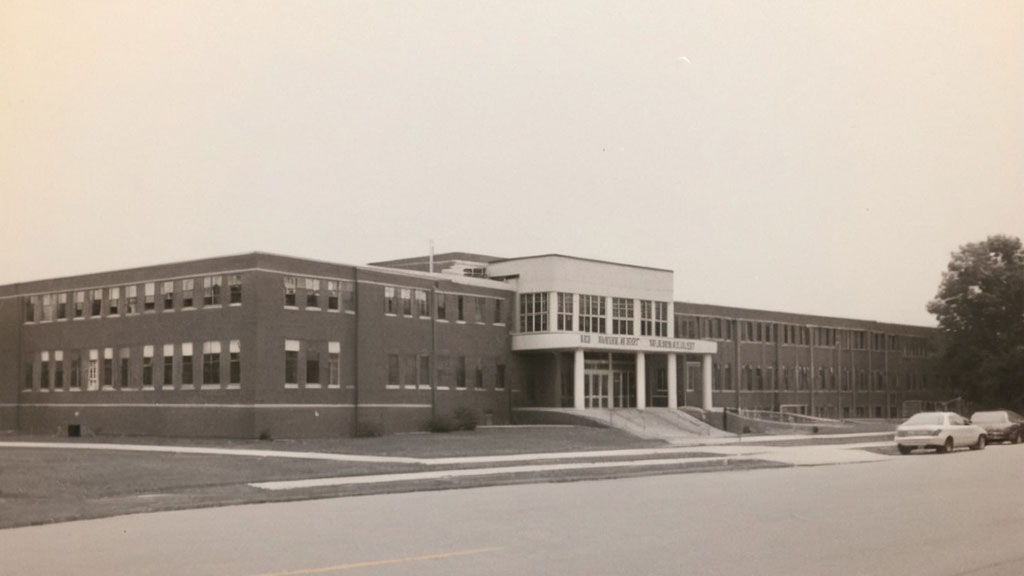
Education has always been valued in Dudley, with schools like Shepherd Hill Regional High School and Dudley Elementary School providing quality education to generations of students.
These institutions contribute to Dudley’s intellectual capital and community cohesion, nurturing future leaders and citizens.
Cultural Diversity
Dudley’s cultural landscape is enriched by its diverse population, which includes descendants of early settlers, immigrants, and newcomers.
Festivals, events, and cultural celebrations highlight Dudley’s multicultural identity, fostering understanding and appreciation among its residents.
Environmental Stewardship
Dudley places a high value on environmental conservation and stewardship, with initiatives to protect its natural resources and preserve its scenic beauty.
Conservation areas like Nichols College Environmental Preserve provide opportunities for recreation and wildlife habitat preservation, ensuring Dudley’s natural heritage for future generations.
What Are Some Of The Oldest Houses In Dudley, MA?
Dudley, Massachusetts, boasts a rich architectural heritage, with several historic houses dating back centuries. These venerable structures offer glimpses into Dudley’s past, reflecting the town’s evolution from its colonial beginnings to its present-day charm.
Let’s explore seven of the oldest houses in Dudley, each with its own unique story to tell.
Josiah Stevens House (c. 1725)
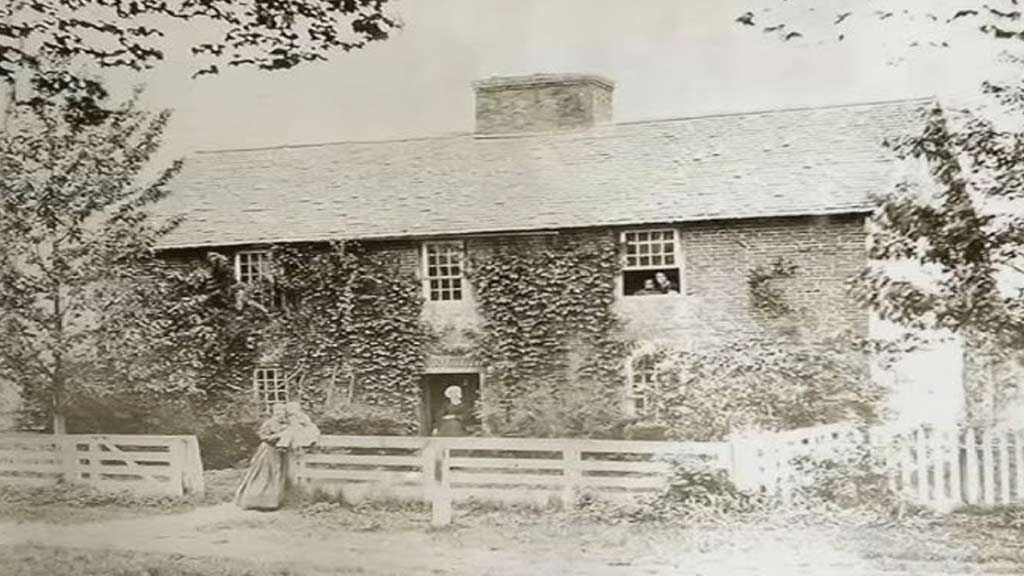
The Josiah Stevens House, located on West Main Street, is one of Dudley’s oldest surviving residences.
Constructed in the early 18th century, this saltbox-style home features characteristic colonial architecture, with a central chimney, asymmetrical roofline, and simple yet elegant design.
Simon Whitcomb House (c. 1760)
The Simon Whitcomb House, located on Schofield Avenue, is another notable example of Dudley’s early architecture.
Dating back to the late 18th century, this Cape Cod-style home features a distinctive gambrel roof, central chimney, and cozy interior spaces reflective of its colonial origins.
Colonel William Ward House (c. 1745)
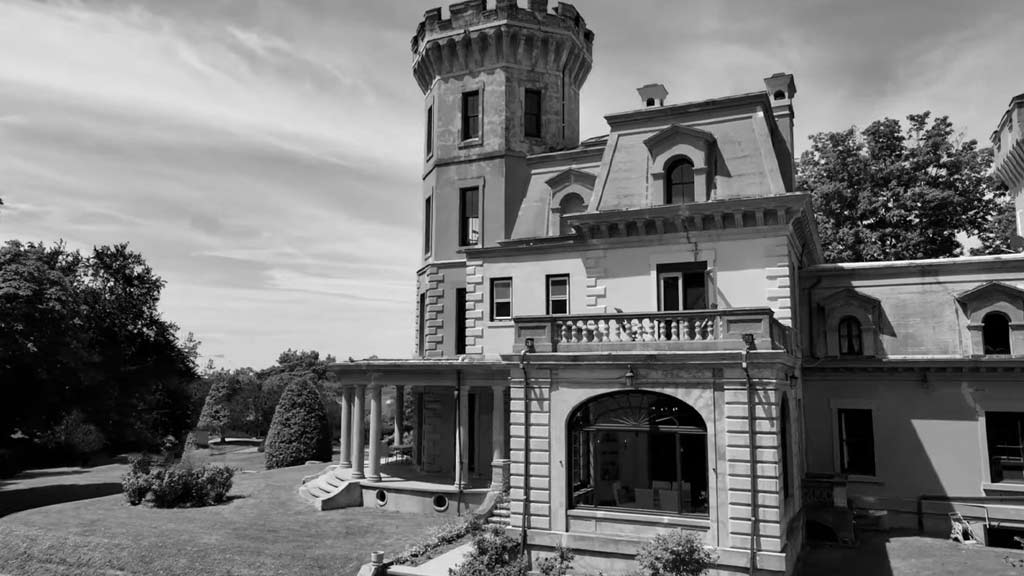
Built in the mid-18th century, the Colonel William Ward House stands as a testament to Dudley’s colonial heritage. This historic home, situated on Dudley-Oxford Road, showcases Georgian-style architecture with its symmetrical facade, double-hung windows, and classic proportions.
David Weld House (c. 1780)
Constructed in the late 18th century, the David Weld House is a well-preserved example of Federal-style architecture in Dudley.
Situated on Dudley-Oxford Road, this historic residence boasts elegant details such as decorative moldings, Palladian windows, and a grand entrance portico.
John Dresser House (c. 1800)
The John Dresser House, located on Dresser Hill Road, dates back to the turn of the 19th century.
This Federal-style home features a symmetrical facade, brick chimney, and traditional New England design elements, offering a glimpse into Dudley’s architectural heritage during the early Republic era.
Ebenezer Healy House (c. 1820)
Built in the early 19th century, the Ebenezer Healy House is a charming example of Greek Revival architecture in Dudley.
Situated on Dudley-Oxford Road, this historic home features a pedimented gable, Doric columns, and other distinctive elements characteristic of the Greek Revival style.
Benjamin Perry House (c. 1840)
The Benjamin Perry House, located on Dudley-Oxford Road, is one of Dudley’s more recent historic homes, dating to the mid-19th century.
This Greek Revival-style residence features a symmetrical facade, full-height entry portico, and other architectural details typical of the period, serving as a reminder of Dudley’s architectural evolution over time.
Conclusion
The history of Dudley, Massachusetts, is a rich and vibrant tapestry that speaks to the town’s enduring spirit and legacy. From its earliest settlers to its present-day residents, Dudley’s story is one of resilience, community, and cultural heritage.
As Dudley continues to evolve and grow, its history remains a cherished foundation upon which the town’s identity is built, serving as a source of pride, inspiration, and connection for generations to come.
Through preservation efforts, community engagement, and a commitment to honoring its past, Dudley ensures that its history remains alive and relevant, shaping its future while honoring its storied past.
Jaclyn Lowe